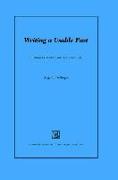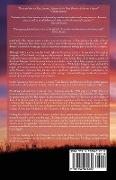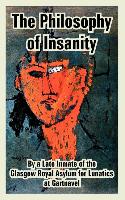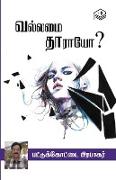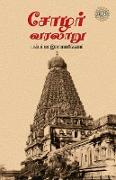- Start
- Writing a Usable Past
Writing a Usable Past
Angebote / Angebote:
In the period between the Revolution and the purges of the 1930s, Russian literary culture underwent a profound split, divided between the emigre community and citizens of the new Soviet Union. Each faction sought to legitimize its claim to the nation's patrimony and hegemony. In the USSR this partly gave rise to socialist realism, yet many authors insisted literature fulfill aesthetic and historical as well as social functions.In Writing a Usable Past: Russian Literary Culture, 1917-1937, Angela Brintlinger provides a multifaceted examination of this conflict by looking at the competing claims laid to Pushkin and to his treatment in biographies (and attempted biographies) by three writers: Iurii Tynianov, Vladislav Khodasevich, and Mikhail Bulgakov. As the centenary of Pushkin's death approached, the great poet was elevated to the status of national hero and in the process politicized by the Soviets as a "people's poet". The emigre community launched a counterattack in its journals, newspapers, exhibits, and cultural organizations and held up Pushkin as a symbol of its faith in a "true" Russia and Russian culture.Brintlinger reveals how the biographers of this period took different approaches to Pushkin's life. Tynianov, a scholar turned novelist, used history to maximize the fictional events of his Pushkin novel, by contrast, Khodasevich, a poet turned scholar, was determined to remain true to historical fact. Bulgakov found the middle ground where history, biography, and fiction intersect. In pursuing the "truth" of Pushkin's life, each writer sought a so-called usable past -- usable for ends that served both political needs and personal, artistic, and intellectual expression.
Fremdlagertitel. Lieferzeit unbestimmt
